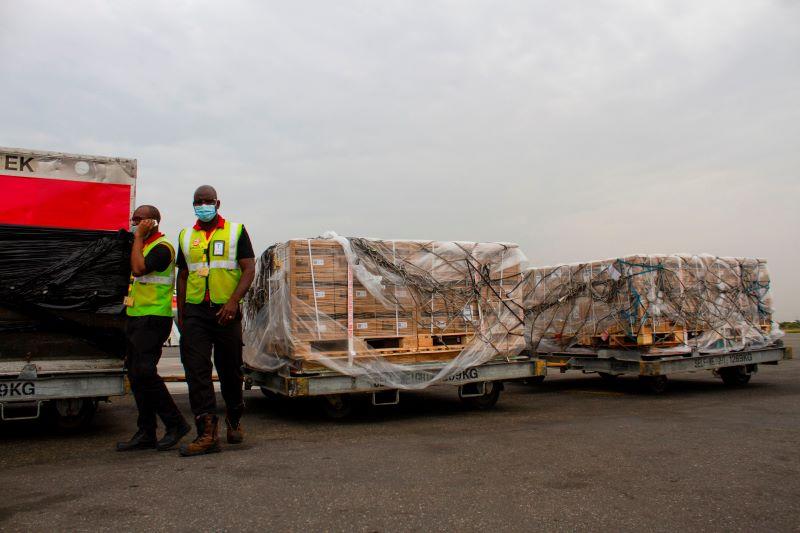
Credit: Osvaldo Silva/AFP/Getty Images
IATA and the World Health Organization (WHO) are concerned that Africa could be left behind in the reopening of international air travel, with only 1% of Africans currently immunized against the coronavirus. “While it’s important to secure borders and keep COVID-19 from spreading, this must be done...
Subscription Required
This content requires a subscription to one of the Aviation Week Intelligence Network (AWIN) bundles.
Schedule a demo today to find out how you can access this content and similar content related to your area of the global aviation industry.
Already an AWIN subscriber? Login
Did you know? Aviation Week has won top honors multiple times in the Jesse H. Neal National Business Journalism Awards, the business-to-business media equivalent of the Pulitzer Prizes.





